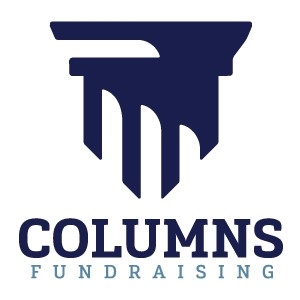Ira Glass of National Public Radio’s This American Life said it best: supporters of public radio love it so much they actually listen to the pledge drives. Glass spoke these words during a pledge drive, and the effect was not only comic, but also spot-on, placing listeners’ passionate loyalty at the center of the fundraising conversation in a humorous way.
By its very definition, and as even the most casual listener knows, NPR is a publicly supported enterprise, but their income is not derived solely from tax revenues. In fact, private support accounts for a much larger portion of funding, and it requires regular, at times seemingly endless, solicitations each year to keep the whole thing running.
This is just one example of charitable giving. While different from the charity that pours forth when a tornado, earthquake or other natural disaster strikes, it springs from a similar spirit and mindset. People care. And they are willing, even eager, to put their money to work in helping to ameliorate other people’s suffering, and to do their part to meet others’ immediate or short-term needs. In 2018, Americans gave an estimated $427 billion to charities, disaster relief, and other benevolent causes. Individual giving accounted for approximately 68 percent of that, or about $292 billion, according to the Giving USA Foundation.
